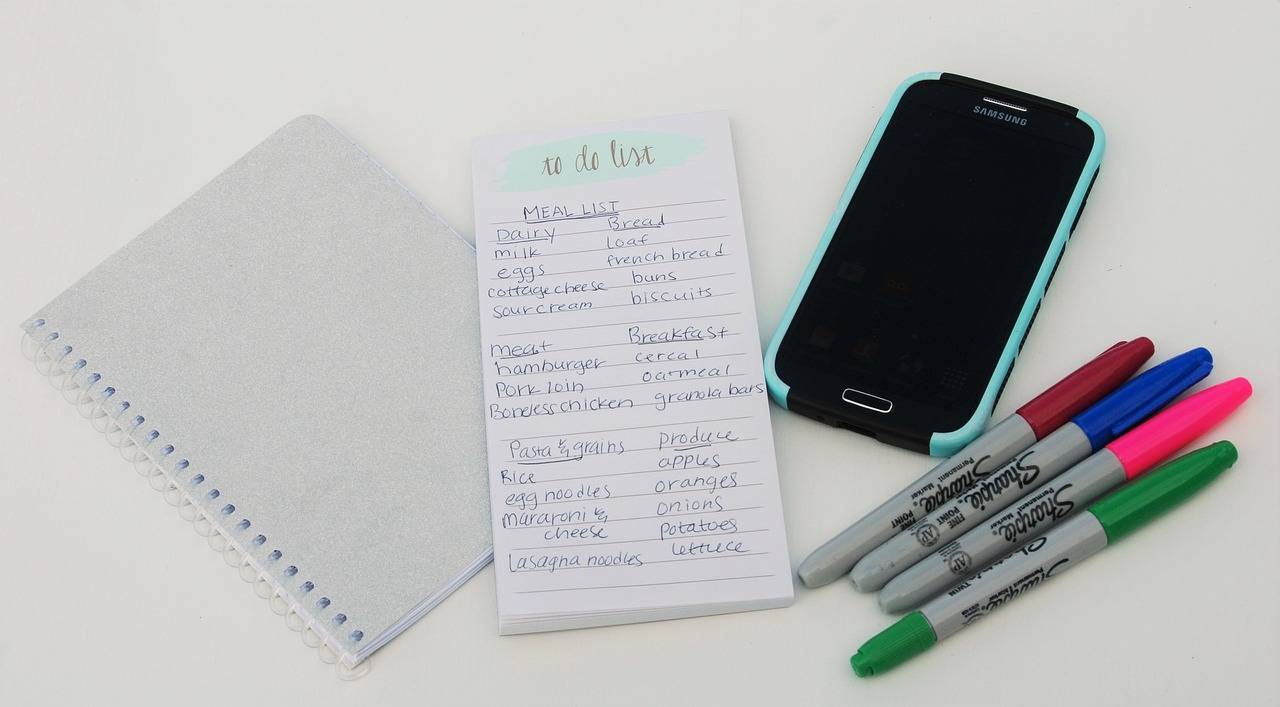The Role of Blockchain in Shaping Retail Strategies
Blockchain technology has been making waves in the retail industry, offering a secure and transparent way of conducting transactions. By utilizing decentralized ledgers, retailers can streamline their operations and track the entire supply chain process. This technology helps in reducing fraud and counterfeit products, ultimately leading to enhanced trust between consumers and retailers.
Moreover, blockchain technology enables retailers to create loyalty programs that are more secure and easily manageable. Customers can earn and redeem rewards seamlessly, without concerns about fraud or manipulation. The immutable nature of blockchain ensures that all transactions are recorded accurately, providing a reliable system for retailers to reward their loyal customers.
Understanding Blockchain Technology
Blockchain technology is a decentralized, distributed ledger system that securely records transactions across a network of computers. Each block in the chain contains a list of transactions, which are time-stamped and linked to the previous block, forming a chronological and immutable chain of data. This system eliminates the need for intermediaries, such as banks or payment processors, providing increased transparency and security in transactions.
One of the key features of blockchain technology is its high level of security achieved through cryptographic techniques. Each transaction is verified by network participants, making it nearly impossible to alter or tamper with the data recorded on the blockchain. This tamper-proof nature of blockchain ensures trust among participants and minimizes the risk of fraud or unauthorized modifications to the ledger.
Benefits of Blockchain in Retail
Blockchain technology offers a myriad of benefits to the retail industry. One of the key advantages is increased transparency in supply chains. By recording every transaction on a decentralized ledger, retailers can trace the journey of products from the manufacturer to the store, ensuring authenticity and accountability at every step.
Moreover, blockchain enhances data security in retail operations. Due to its decentralized nature, this technology prevents tampering with information and unauthorized access to sensitive data. Retailers can protect customer information, financial records, and inventory details more effectively, reducing the risk of data breaches and fraud.





